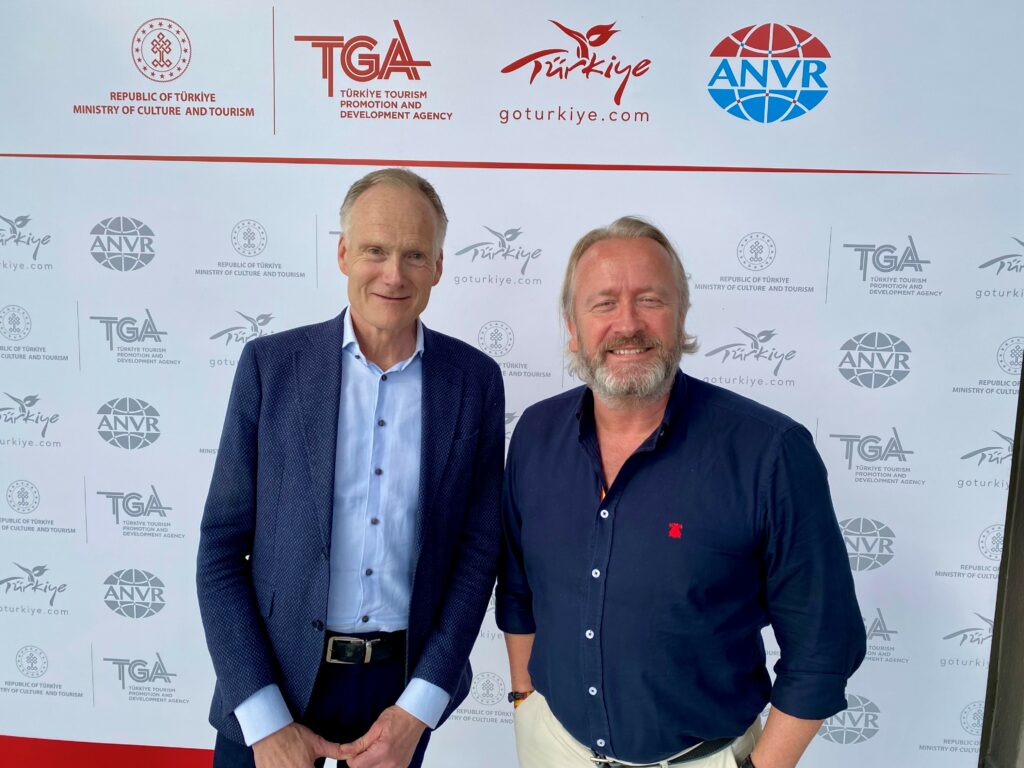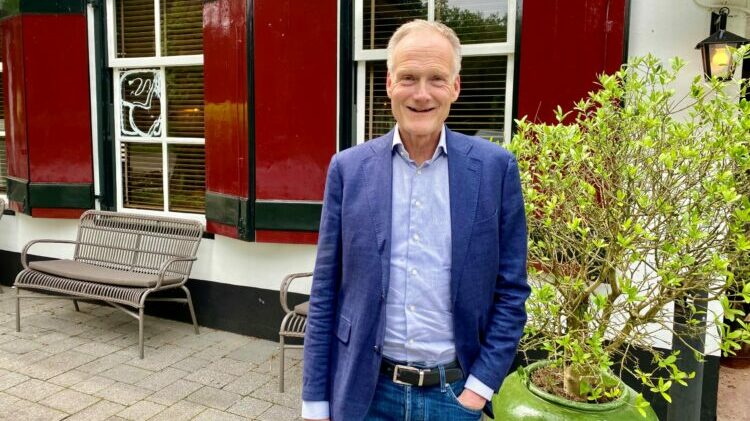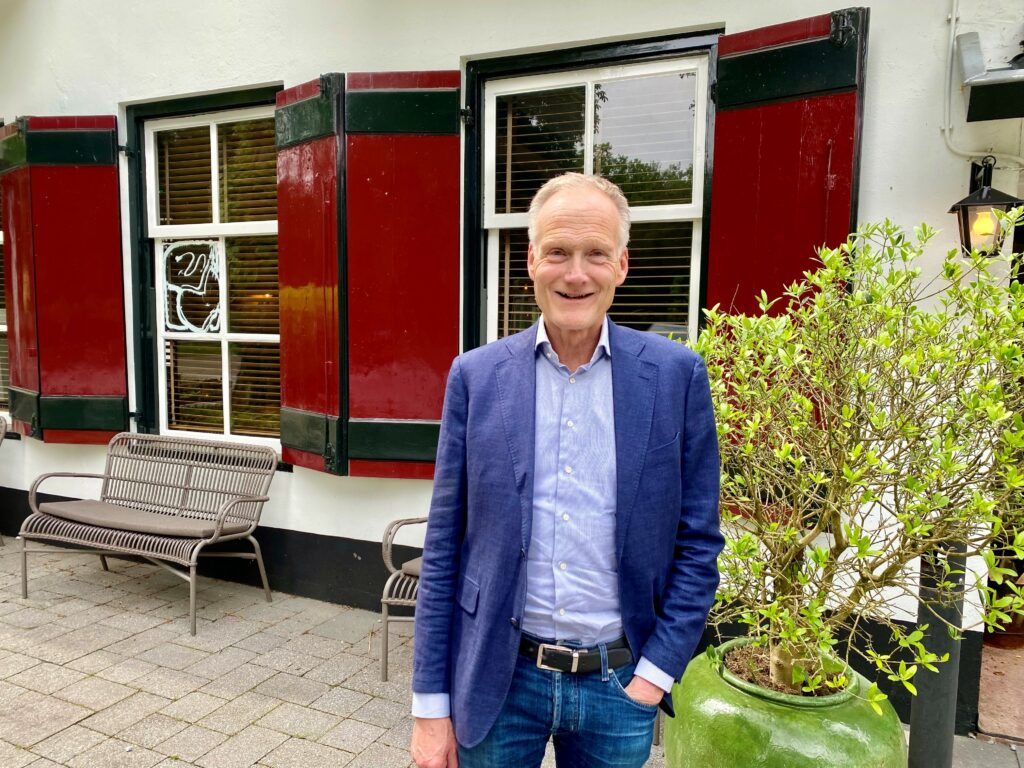
With the departure of Frank Oostdam, who is stepping down after 17 years as director of the ANVR, an era comes to an end. Anyone who has worked in the travel industry for less than 17 years has always only experienced one ANVR director. Oostdam will say goodbye on Thursday 27 June. The next day he leaves for Norway with the recently purchased caravan for a well-deserved holiday. High time for the one-off column: ’17 questions for Frank Oostdam’. Oostdam started in 2007 at the ANVR new style. Previously, the ANVR was a federation, which housed various sub-associations. For example, there was a club for travel agents (Association of Travel Agents, VRA), for tour operators (Association of Tour Operators, VRO) and for aviation. And there were regular clashes between those clubs. After a period of reconsideration, the trade association changed course. As an outsider, with a background in the wholesale and automotive sectors, Oostdam was the ideal candidate to lead the ANVR new style. 1 To start at the beginning: What were your expectations when you started at the ANVR 17 years ago? My expectations were actually quite modest. I enjoyed traveling and was interested in working within the industry. What I did have in mind was that I wanted to keep the club together. Fortunately, I succeeded and my expectations were more than met. I immediately felt at home in this sector because of the direct, but socially skilled, people who work there.
‘Always be open to dialogue with the members’
An anecdote that I remember well is that Will van den Hoogen (former director of D-reizen and at the time a member of the ANVR board, ed.) doubted whether I was the right person because of my lack of experience with the media and the press. In hindsight, he was right about that, because I didn’t have one. 2 How did you know the travel industry was the right place for you? I’ve always been fascinated by traveling. Discovering new places, cultures and people really appealed to me. In addition, I felt a strong affinity with the dynamics and energy within the travel industry. The people in this industry often have a similar directness and sense of humor as where I came from. This made me feel right at home. A relation of mine, who had connections in the travel industry, had warned me that it could be a ‘snake pit’. But I am convinced that it mainly depends on how you deal with it yourself. And so far, it’s all worked out. But I can only say that the ANVR is a very nice employer, in a fantastic sector where I have enjoyed working. 3 You entered the world of travel unhindered by any knowledge. Was that an advantage or disadvantage? That was actually a big advantage. I was able to ask questions and make decisions without regard to historical sensitivities within the industry. This provided a fresh perspective and an objective approach. The board had deliberately sought someone from outside with the right competencies. Because of my experience in other sectors, I knew how to set up a trade association and keep parties together. This turned out to be a good approach. The board at the time knew before I did that this job suited me like a glove. 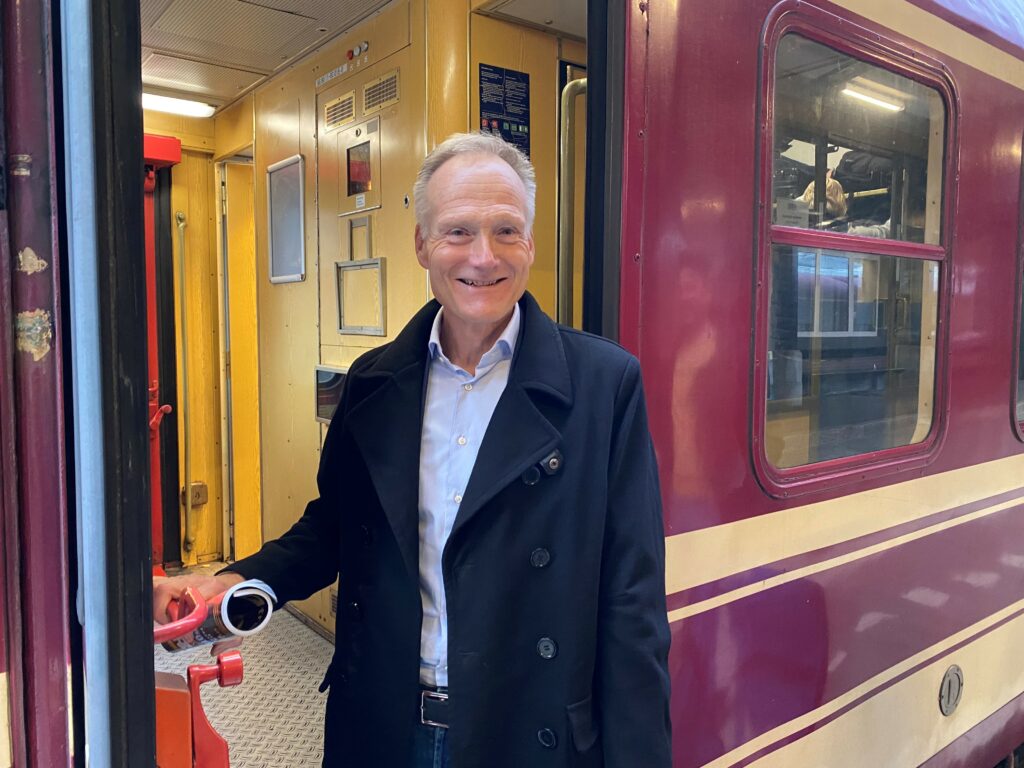
4 Especially during corona, you saw that many companies stood up for their own interests. Is it time for smaller sub-clubs under the umbrella of the ANVR again, just like in the past? That was a very exciting time. Many parties stood up for their own interests and there were calls to return to separate departments. That is something that always comes back in the life cycle of an organization, a kind of up and down movement. Like: we have to start our own club. And that’s the stupidest thing you can do. At that time, it was all about survival and I am proud that we still managed, together with all those people, all those directors and owners, to keep the ANVR as a unit, which ultimately yielded more.
‘I was warned that the travel industry could be a ‘snake pit”
It was especially important to stay close to our members and maintain good contact. This is also where the us-knows-us from the sector came in handy. Everyone knows each other, you can just call to discuss. The goodwill factor played a major role in this. The board has also always supported me, which was crucial during that period. 5 Did you have to make great efforts during corona to keep the ANVR together? Certainly, especially in the beginning it was exciting. Some wanted the same tone of voice that the hospitality industry used and wanted us to go into it with a straight leg, similar to how the hospitality industry operated. Fortunately, the board gave me the space to adopt my own tone, much more moderately, because I think that will help you move forward in the longer term. It was an approach that suited me and was also appreciated by our supporters and external parties. So don’t, like the hospitality industry, bang your fist on the table. I’m not a Farmers Defence Force either. My point of view was: if someone thinks there should be a different tone of voice, fine, but then I’m not the person to do it. That makes you more credible. I have also heard that from the ministries, that our tone of voice was good. 6 You said in an interview ten years ago that old-style travel agents, purely as intermediaries, are a finite story. But they’re still there. That’s a good yes. In the future, there will be two lines of success: unique content, which is more in line with the tour operators, and a strong focus on the customer, also known as customer experience. The more digital society becomes, the more there is a need for personal contact. Travel agents and independent travel advisors are already proving this. I definitely believe in the channel of travel agencies, but really from the focus on the customer. The business travel industry is already further along in this, and I think the rest of the travel agents will move in that direction. The key to success lies in representing the customer and offering added value through personal contact and service. 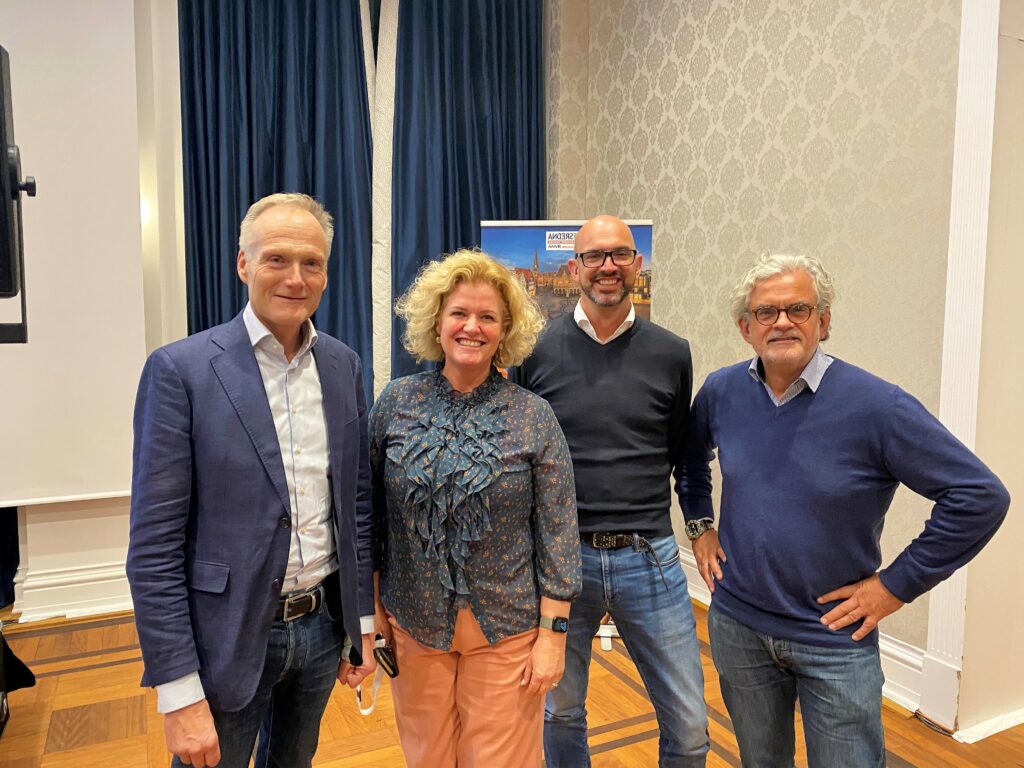
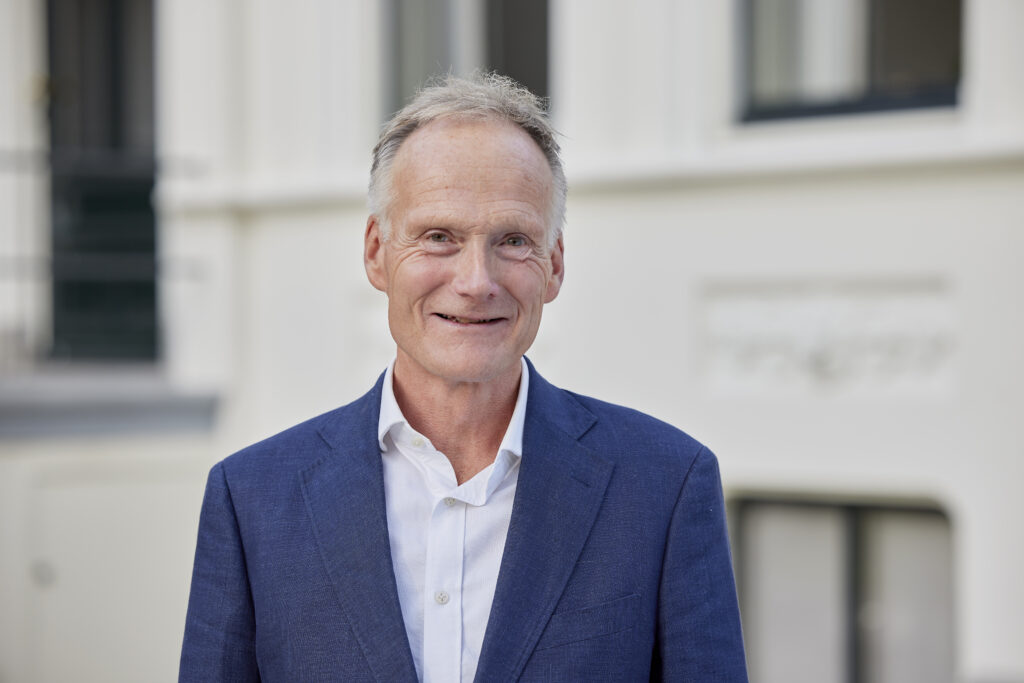
11 Why did you decide to leave? You don’t have to retire yet. It’s a mix of factors. First of all, I think it’s good for the ANVR to bring a breath of fresh air to the organization. In addition, I have had serious problems with my health twice, which has changed my outlook on life. I now want more time for myself and my family. It is time for a new phase in my life in which I can have more peace and time for other things. 12 Are there moments or failures that you don’t like to think about? One of the biggest failures was during Covid, when we as ANVR could not do much for the independent travel advisors. That’s something I’m really bummed about, because I would have liked to support them more. 13 Under your leadership, what has the ANVR achieved that you are most proud of? As ANVR, we have become more socially relevant. It is no longer just a trade association that does fun things, but an organization with impact. We have become better known in The Hague and Brussels and have built up a strong position. The unity within the ANVR is also something I am proud of. Together with our members, we have achieved a lot and made the sector stronger and more resilient. My personal approach has always focused on collaboration and open communication. By being close to our members and taking their needs and concerns seriously, we were able to take strong strides together.
‘Lack of knowledge about the travel industry was actually a big advantage’
I believe that a transparent and honest approach has built the trust needed for long-term success. The ANVR team has also played a crucial role in this, including Frank Radstake and Walter Schut and formerly Mirjam Dresme, and now with Hanita van der Meer. Thanks to their commitment and expertise, we were able to take the ANVR to a higher level. 14 What are important lessons you learned during your time at the ANVR? One of the important lessons is that you should never underestimate the importance of having a strong connection with your members. Without their support and trust, you can’t achieve much. In addition, I have learned that flexibility and adaptability are essential in times of crisis, such as during the Covid pandemic. The ability to pivot quickly and implement new strategies was crucial to our survival and success. During the corona crisis, we have built strong relationships with policymakers in The Hague and Brussels, which has helped us to make a real difference for our members. 